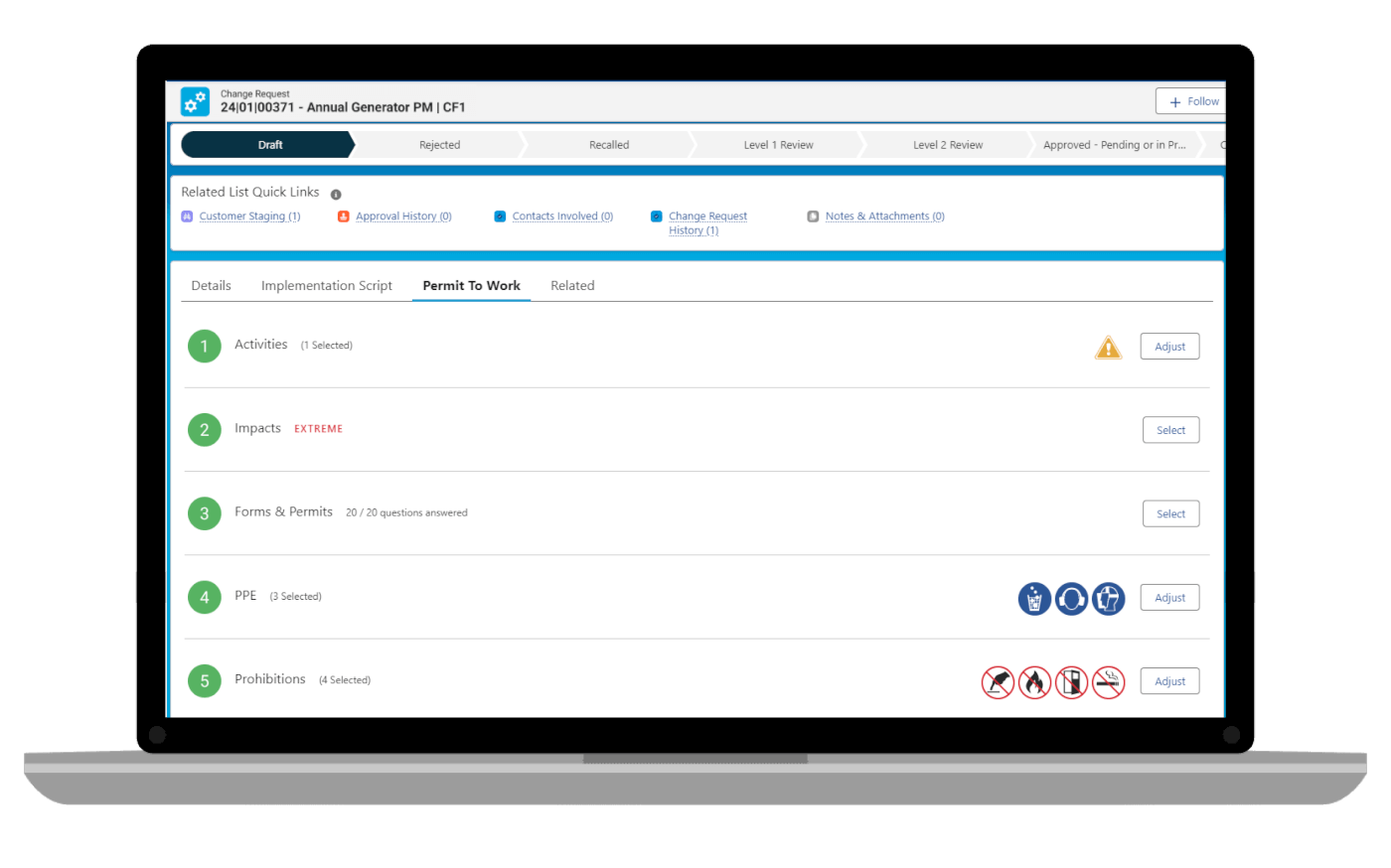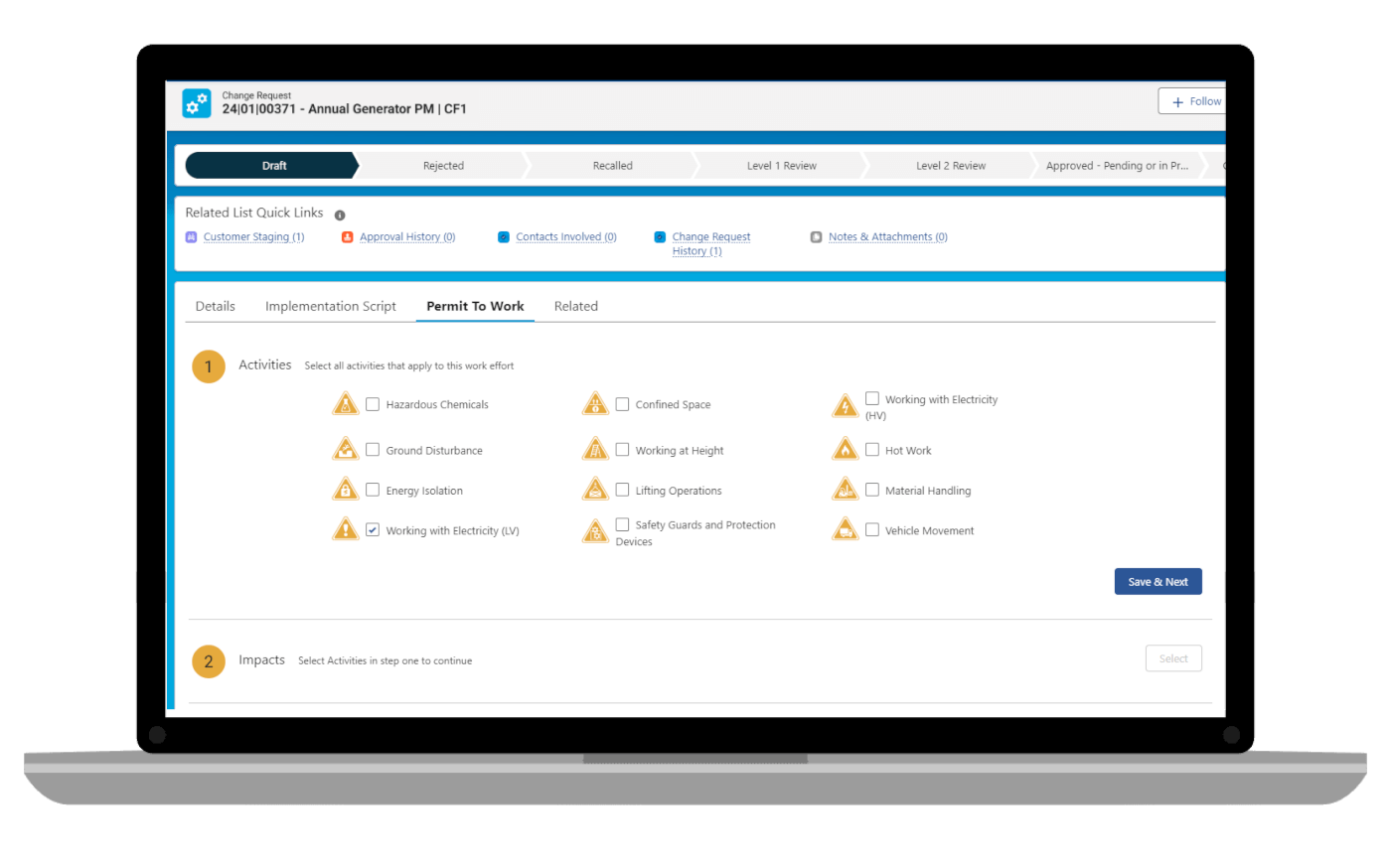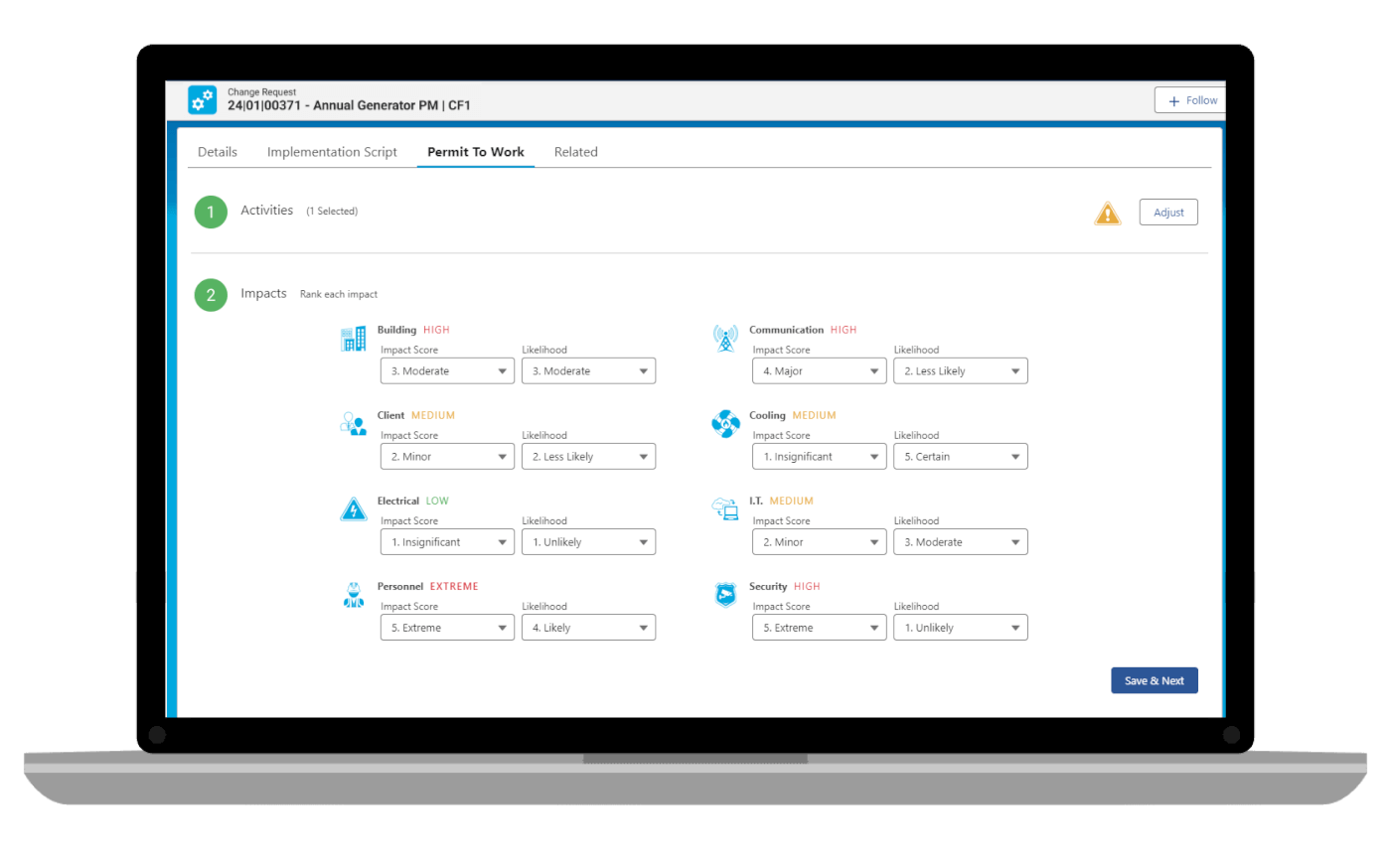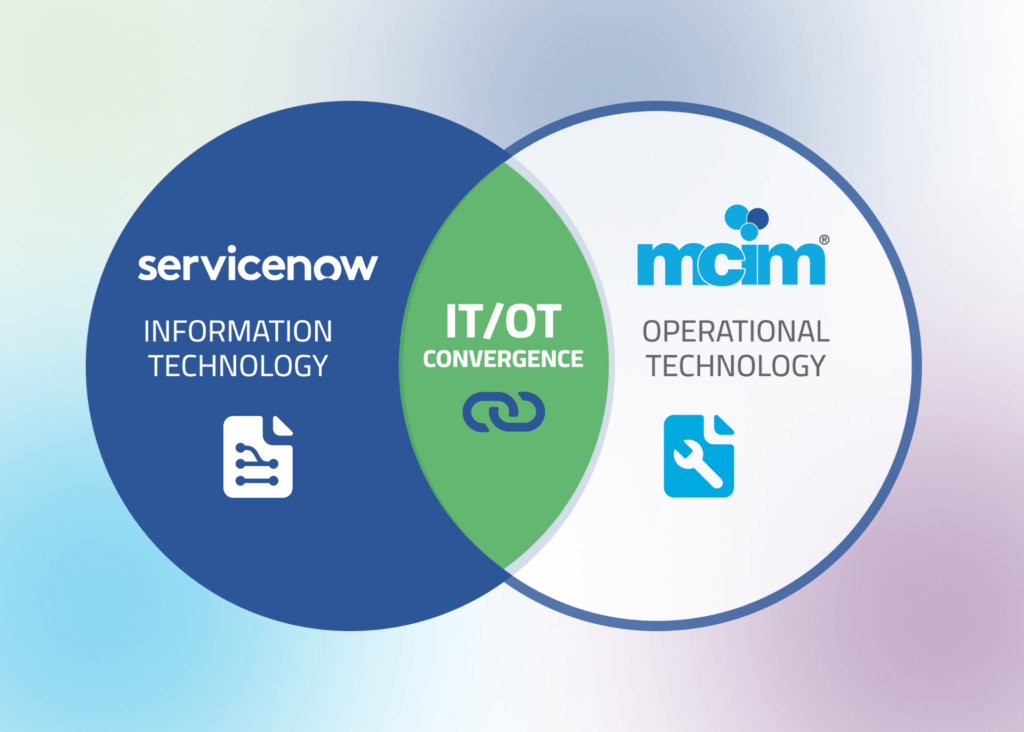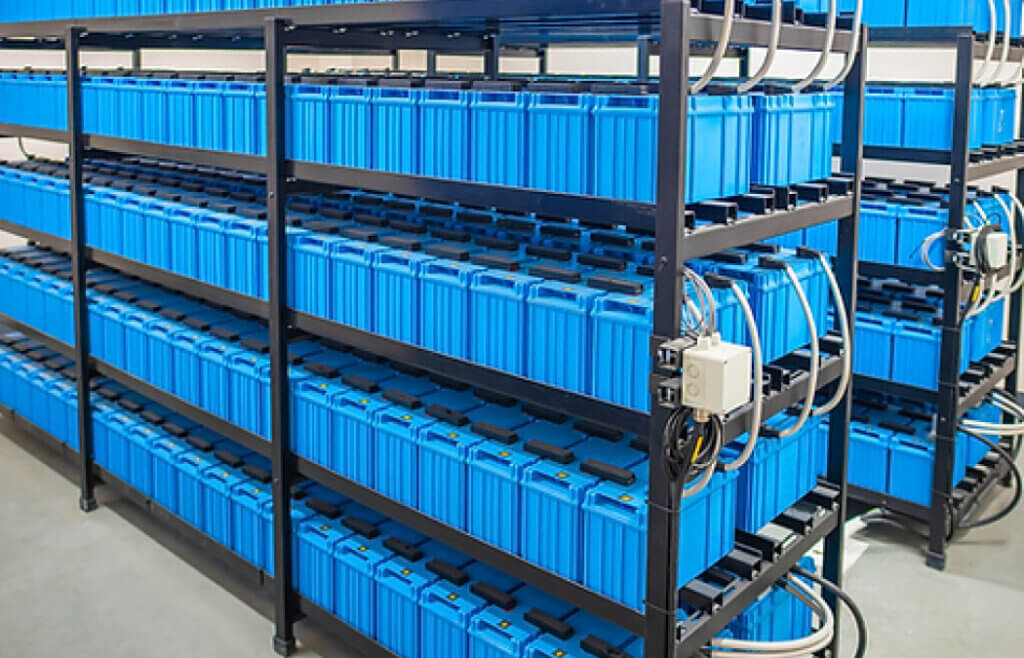Traditional permit to work (PTW) processes often rely on paper-based systems or basic digital tools that only cover part of the process. These manual, disjointed systems lack timely updates, are hard to scale, and result in the following inefficiencies and increased safety risks:
Prevalence of Human Error
Reliance on employees to adhere to ever-changing rules and regulations often leads to mistakes, increasing safety risks.
Communication Delays
Physical documents and emails slow down hazard management, delaying necessary actions to address immediate safety threats.
Difficulty Enforcing Processes
Supervisors struggle to monitor activities effectively, leading to unauthorized work being performed without proper safety protocols.
Inconsistent Safety Protocols
Varied and cumbersome record-keeping practices complicate compliance, making it hard to ensure all safety measures are followed.
Incomplete or Misplaced Records
When records are incomplete or lost, especially after an accident, it becomes nearly impossible to conduct thorough audits or comply with regulatory requirements, exposing the company to legal and financial liabilities.
A study published by the NIH’s National Library of Medicine detailed how human errors in permit to work systems could lead to severe consequences, such as accidents, injuries, and even fatalities. The study concluded that “automation of the PTW issuance procedure can be very effective in preventing and reducing the probability of human errors.” That’s where MCIM can help.

